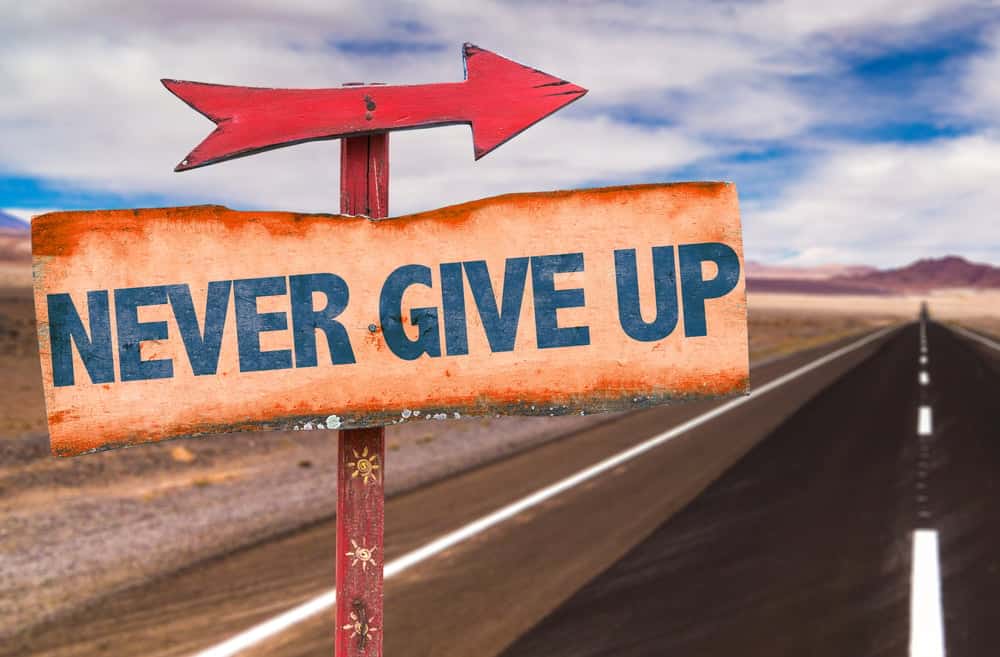I teach an academy class at a local police department. One of my favorite classes is the Culture and Policing class. The goal of the class is to “see across differences and to find commonalities.” I start the class by introducing myself and telling the class a fun fact. Without fail, when I mention I run ultra marathons, I’m asked by one of the recruits, “Have you heard of David Goggins?” The class will start to get sidetracked, and chatter and excitement erupt as they talk about Goggins.
David Goggins? At the time, I’d listened to a few of his podcasts, but I hadn’t had the chance to pick up one of his books. I had a strong understanding of his message, and I wasn’t interested. “Stay Hard!” On my casual social media scrolls, I’ll see reels and posts of runners slinging off his quotes, “Become a savage and live on your own terms,” “Who’s going to carry the boat?!” I have all the respect in the world for him, and as a runner, he’s done some seriously impressive sh*t.
After the lesson, many of the recruits will follow up with their love of Goggins: “Dude! He’s tough as nails!” “I listen to him on my runs for motivation!” You can imagine that this class, like most law enforcement, is male-dominated.
One day, I cracked and picked up his book Can’t Hurt Me. I enjoyed it, but we’re getting a lot wrong.
In the eyes of many of the recruits I teach and society, Goggins exemplifies all that encompasses masculinity and what it means to be a man. Masculinity refers to the qualities, behaviors, and roles typically associated with men within a culture. These include traits like strength, assertiveness, and resilience, which Goggins exemplifies in his writing and speaking. There can be a ton to learn from him, but after reading, by throwing around his quotes, we miss out on the essence and context.
We can lose his message by focusing solely on his crazy ass runs, extreme challenges, and emphasis on toughness. We neglect the broader context of his journey, which includes struggles with mental health and personal growth. In the context in which we understand Goggins, it has encouraged an unhealthy obsession with stoicism and pain endurance, reinforcing harmful stereotypes about masculinity. His narrative of overcoming adversity through sheer willpower could be misinterpreted as dismissing the importance of vulnerability, emotional expression, and seeking help. This narrow interpretation has littered society.
It’s important to approach Goggins’ teachings with a critical lens. We must recognize the value of resilience and perseverance while also acknowledging the need for balance, self-care, and empathy in promoting healthy masculinity.
I read his book right before completing my first 100-miler. At mile 88, I was hurting. I promise you that it wasn’t toughness or sheer willpower that pushed me to the finish. So, how’d I do it?
- Self-care – Taking deliberate actions to maintain my physical, mental, and emotional well-being. Twenty-five hours of running in the heat of the desert isn’t easy. Every ache, every twinge, every whisper of discomfort was a call to practice self-care. Whether it was adjusting my pace, taking a moment to stop, or keeping myself hydrated. I made sure to listen to myself and to address any issue head-on.
- Self-Love – Any doubts and fears were instantly met with compassion and kindness. I celebrated completing certain segments and anything I deemed a victory, no matter how small. I embraced both my strengths and limitations with compassion and grace. Instead of berating myself or others for falling short of my expectations, I celebrated every step forward as a victory, honoring the resilience that carried me through each obstacle. I practiced gratitude for the support of my crew and volunteers, gratitude for the strength of my own body, and gratitude for the opportunity to run.
Through endurance running, I discovered that true strength lies not just in physical prowess or toughness but in the courage to honor our bodies, minds, and spirits with compassion and kindness. Between Goggins’ quotes, he sheds light on the pervasive influence of toxic masculinity and its detrimental effects on men’s mental health and relationships with themselves and others.
Growing up in a culture that glorifies toughness and suppresses vulnerability, I’ve struggled with feelings of inadequacy and self-doubt. But by challenging the status quo, embracing vulnerability, and prioritizing holistic well-being, my goal is to live and preach a different paradigm of masculinity—one rooted in authenticity, compassion, and emotional intelligence.
Toxic masculinity often manifests in behaviors such as objectification, sexualization, and harassment of women, as well as violence against them. The tragic killing of Laken Riley, as well as countless other instances of violence against women, highlights the devastating consequences of this toxic culture.
“What could SHE have done differently?”
The tendency to focus on what the victim could have done differently rather than addressing the root causes of violence and oppression is deeply problematic. It shifts the responsibility away from the perpetrators and reinforces victim-blaming attitudes, ultimately perpetuating a cycle of violence and injustice.
Instead, we must challenge toxic masculinity and the harmful gender stereotypes that underpin it. This involves promoting healthy and inclusive notions of masculinity that embrace traits traditionally associated with femininity, fostering empathy and respect for all genders, and holding perpetrators of violence and harassment accountable for their actions. It also requires creating safe and supportive environments where individuals can speak out against sexism, misogyny, and gender-based violence without fear of retaliation.
“The sound of his own voice yawning — the old sound heard in night nurseries, school dormitories and in so many bedrooms — liberated a flood of self-pity. He drew his knees up and hugged himself; he felt a sort of physical, almost a filial, love for his own body… The tendency to talk to himself was irresistible… We’ll look after you, Ransom… we’ll stick together, old man.” – C.S. Lewis Out of the Silent Planet.
